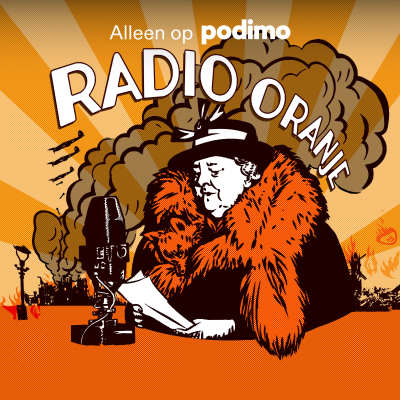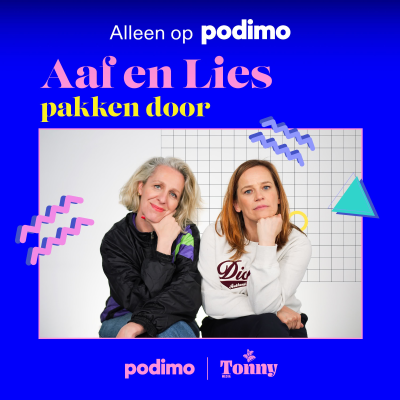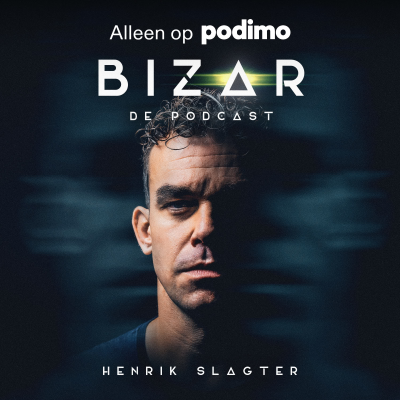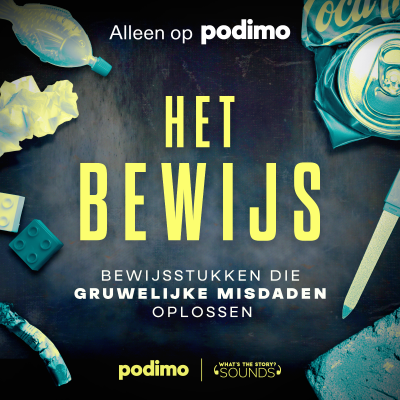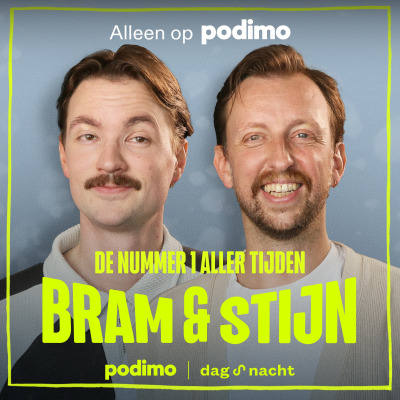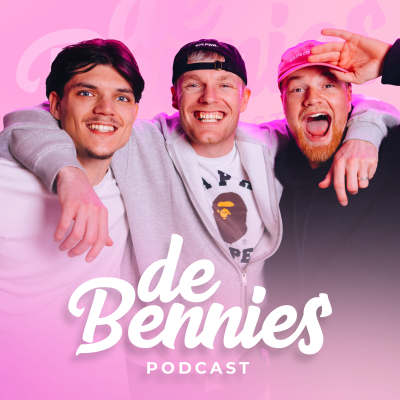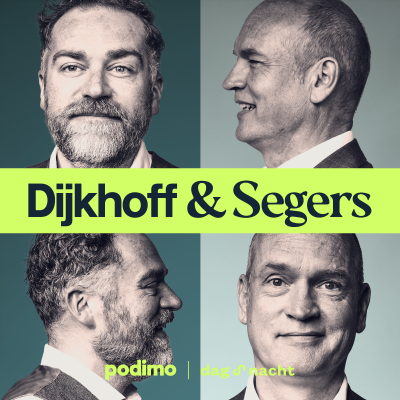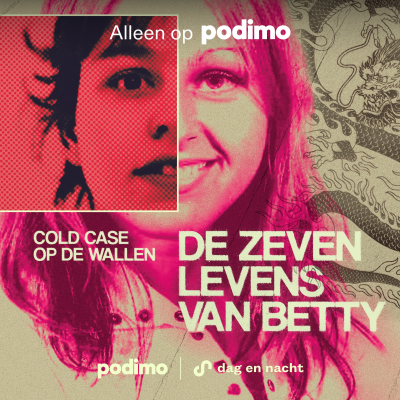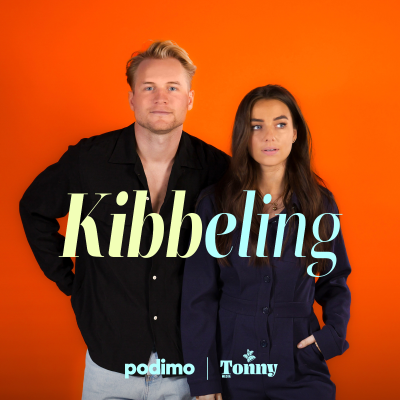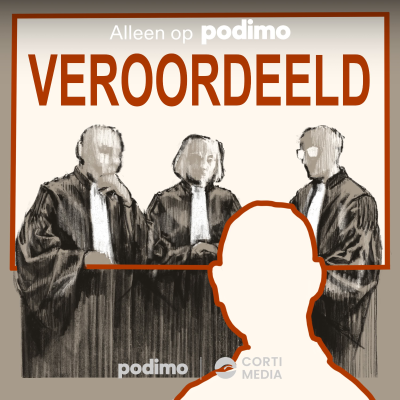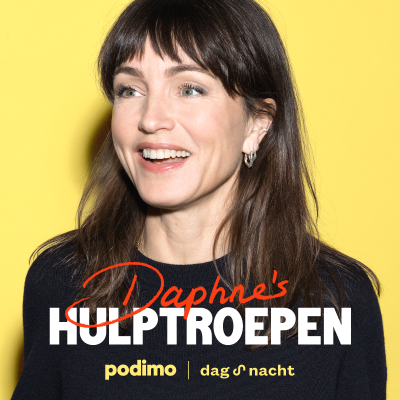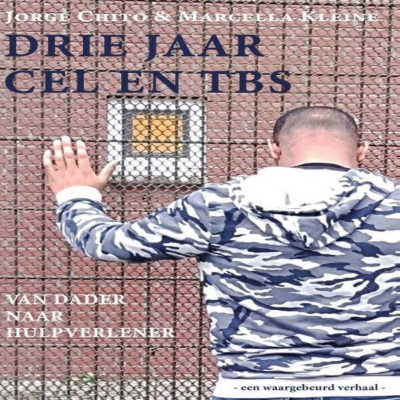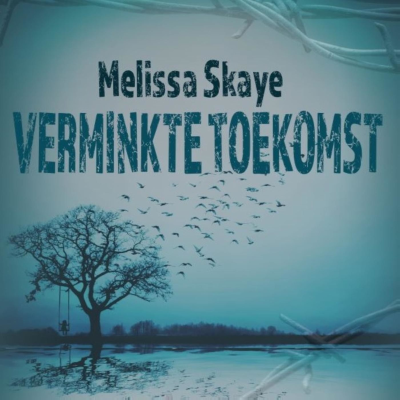
The Founder to Fortune Podcast
Engels
Technologie en Wetenschap
Tijdelijke aanbieding
2 maanden voor € 1
Daarna € 9,99 / maandElk moment opzegbaar.
- 20 uur luisterboeken / maand
- Podcasts die je alleen op Podimo hoort
- Gratis podcasts
Over The Founder to Fortune Podcast
The Founder to Fortune Podcast unpacks how great companies—and fortunes—are built. Hosted by VC and former AI product leader Vidya Raman, with real-world insights from founders, execs, and investors shaping the future of startups and enterprises. www.foundertofortune.org
Alle afleveringen
29 afleveringenThe #1 Risk First-Time Founders Always Underestimate (It's Not Technology)
Most first-time founders believe startups fail because of bad ideas, weak technology, or poor timing. In this episode, Tarang Vaish argues that the real failure mode is far less obvious—and far more dangerous: people risk. Drawing from his journey across hardware, data infrastructure, SaaS, and AI, Tarang shares hard-earned lessons on co-founder dynamics, solo founding, risk stacking, and founder mindset. He also offers a practical mental model for using AI effectively—by treating it like an intern, not magic. This conversation is for founders who want to think more clearly about risk, leadership, and what actually determines success in the early days. 🔑 Key Topics & Takeaways Why people risk is the most underestimated startup risk Why solo founding is exponentially harder—especially fundraising How first-time founders accidentally stack too many risks at once Why technical brilliance rarely saves a startup on its own The importance of co-founder complementarity, not similarity What “realistic optimism” really means for founders Why being transparent about founder ambitions can build trust Lessons from building across hardware, storage, SaaS, and AI Why data and security remain evergreen startup categories How to use AI effectively: treat it like an intern, with structure and feedback ⏱️ Episode Chapters 00:00 – Why most startups fail (and why it’s not technology) 01:01 – Tarang’s background: curiosity, IIT, Stanford, startups 03:23 – Early startup lessons from hardware and tight constraints 05:45 – Why ML and SaaS are harder to productize than they look 07:20 – The cloud tradeoff: easy to start, hard to scale 08:17 – Being upfront about wanting to become a founder 09:12 – How Granica emerged from real operational pain 12:21 – Signal vs noise: compression, AI, and learning efficiency 16:50 – Who actually buys AI and data infrastructure today 20:53 – Why everything eventually becomes a data lake 23:58 – Why data and security are evergreen founder bets 25:28 – 🔥 The #1 risk founders underestimate: people risk 26:10 – Solo founding, fundraising, and risk stacking 27:10 – Staying sharp as a founder 28:05 – Using AI like an intern (with a practical prompt tactic) This is a public episode. If you would like to discuss this with other subscribers or get access to bonus episodes, visit www.foundertofortune.org [https://www.foundertofortune.org?utm_medium=podcast&utm_campaign=CTA_1]
Small Models, Big Impact: Why the Future of AI Isn't Trillion-Parameter
Episode Summary Most AI conversations start with parameter counts. This one doesn’t. In this episode, we go inside the origin story of smallest.ai [http://smallest.ai], a company built on the contrarian belief that true intelligence can be achieved with compute-constrained, smaller models — especially when the goal is real-time speech intelligence that can run actual workflows in production. Sudarshan shares how his background in self-driving vehicles shaped his thinking on reliability, active learning loops, and why 90–95% of the work lives in data and labeling, not model training. We then zoom into real-world enterprise use cases like collections, outbound calls, and multilingual customer support, and talk through how CIOs can actually start with voice AI in a messy legacy stack. In the second half, we switch gears into his founder journey: using LinkedIn and Discord as core distribution and learning channels, building the largest voice AI community, and his unfiltered advice on cold outreach, selecting whose advice to listen to, and running asset-light experiments before raising large rounds. If you’re a founder building AI for the enterprise — or an executive trying to separate hype from deployable systems — this episode will give you a grounded way to think about small models, agents, and voice AI. Key Topics - Origin story of smallest.ai [http://smallest.ai] and the shift from self-driving to speech AI. - Why “small vs large models” is the wrong framing — and how to think in terms of specialized vs general-purpose agents instead - Building one of the world’s fastest text-to-speech and speech-to-speech systems - Emotional information in audio vs traditional speech-to-text → LLM → TTS pipelines - Handling multilingual, code-switching conversations (Hinglish and Spanish/English) in real-world deployments - The hidden 90–95%: data collection, labeling, and active learning loops inspired by Tesla’s approach - How CIOs and CTOs can actually start: quick-win use cases in collections and outbound calling with simple Excel-based feedback loops - Why legacy call center software is optimized for human agents, not infinite-capacity AI agents - Who ends up making the buying decision: CEOs, CIOs, heads of AI transformation, and VPs of collections Building a founder-led growth engine: - 30K+ LinkedIn connections - The largest voice AI Discord community - Leveraging community feedback to shape product and GTM - Founder advice: cold outreach, whose advice to ignore, asset-light validation, and benchmarking yourself against the best Notable Quotes “We should stop talking about intelligence in terms of models. We should always talk about intelligence in terms of agents that do end-to-end tasks in the economy.” “Training is actually very quick. 90–95% of the work is the data — labeling it, fixing label errors, and feeding it back through active learning loops.” “For enterprises, start with quick wins. Collections is a great one — run outbound calls, compare the agent to your humans, and only then worry about integrating deeply into your systems.” “I wouldn’t take pitch deck advice from someone who’s never raised from a tier-one VC. Or engineering advice from someone who hasn’t written code in five years.” “Talking to a lot of high-agency people is a superpower — and social media is one of the fastest ways to make that happen as a founder.” About Sudarshan Kamath Sudarshan Kamath is the founder & CEO of smallest.ai [http://smallest.ai], a company focused on building compute-efficient, real-time speech intelligence and specialized voice agents. Prior to smallest.ai [http://smallest.ai], he worked on deploying deep learning systems for self-driving vehicles, building safety-critical systems that cannot fail. About Founder to Fortune Founder to Fortune is hosted by Vidya Raman, an investor and former operator who helps founders crack the enterprise market. Each episode dives deep into the realities of building, selling, and scaling products for enterprise customers — with operators, founders, and researchers who’ve actually done it. Subscribe on Spotify, Apple Podcasts, or YouTube, and leave a review if this episode helped you think differently about AI in the enterprise. This is a public episode. If you would like to discuss this with other subscribers or get access to bonus episodes, visit www.foundertofortune.org [https://www.foundertofortune.org?utm_medium=podcast&utm_campaign=CTA_1]
Why 99% of Partnerships Go Nowhere (and How to Build the 1% That Win)
What if your biggest partnership was actually holding you back? Pankaj Dugar, who helped scale Databricks and drove strategy at AI21 Labs, joins Vidya Raman to share why partnerships fail right after the Press Release — and how to build ones that actually sell. This episode breaks down the uncomfortable truths behind partner ecosystems, the role of technical integration, and why “boring is where the money is.” If you’ve ever thought a partnership could change your startup’s trajectory — listen before you celebrate. This is a public episode. If you would like to discuss this with other subscribers or get access to bonus episodes, visit www.foundertofortune.org [https://www.foundertofortune.org?utm_medium=podcast&utm_campaign=CTA_1]
Is UX Dead? How Vibe Coding is Rewriting the UX Playbook
What happens when PMs, designers, and AI all start speaking the same language? In this episode, Vidya Raman sits down with Hailey Nevins (Director of UX Foundations at MongoDB) and Wenbo Wang (founding designer and former Databricks/Cloudera product designer) to explore how vibe coding is collapsing the old boundaries between design, product, and engineering. You’ll hear how GenAI is forcing UX to evolve—from pixel pushing to taste-driven orchestration—and why the best design teams now operate at startup speed without sacrificing rigor. We go deep into: * How “vibe coding” changes collaboration between PM, UX, and Engg * Why the new frontier isn’t just design systems—but design velocity * The rise of hybrid roles like “design engineer” and what they signal * How to build guardrails and evals for GenAI-powered products * When chat interfaces work—and when they absolutely don’t And just wait till you hear their hot takes on AI “killing” the wrong kind of design work, why hallucinations can actually make UX better, and what founders get wrong about hiring designers too late. If you care about product velocity, UX craft, or what “taste” means in an AI-first world—this conversation will challenge how you think about building. Relevant links: Hailey Nevins on LinkedIn [https://www.linkedin.com/in/haileynevins/] Wenbo Wang on LinkedIn [https://www.linkedin.com/in/wenbowang/] Open Lovable [https://open-lovable.com/] This is a public episode. If you would like to discuss this with other subscribers or get access to bonus episodes, visit www.foundertofortune.org [https://www.foundertofortune.org?utm_medium=podcast&utm_campaign=CTA_1]
Playbook for the AI-Native Chief Marketing Officer
In this engaging conversation, Kady Srinivasan, CMO of You.com [http://you.com] shares her journey from software engineering to becoming a marketing leader across various industries. She discusses the importance of defining an Ideal Customer Profile (ICP) in B2B marketing, the impact of AI on marketing strategies, and the evolving role of marketers in a fast-paced environment. Kady emphasizes the need for discipline in narrowing down ICP, the significance of content creation, and the necessity of hiring the right marketing talent. She also highlights the importance of judgment in marketing and the need for continuous learning in the ever-changing landscape of marketing. Takeaways * Defining a clear Ideal Customer Profile (ICP) is crucial for B2B success. * Discipline is necessary for narrowing down ICP and avoiding distractions. * AI has drastically increased the speed at which marketers must operate. * Multi-threaded marketers can drive outcomes across various disciplines. * SEO is not dead but GEO and AEO are becoming vital. * Content creation is still table stakes for differentiation in the market. * Hiring the right marketing talent depends on the go-to-market strategy. * Judgment in marketing comes from experience and learning from failures. * Sales leaders should be prioritized in early-stage startups with outbound strategies. * Continuous learning and adaptation are vital in the marketing field. Relevant links: Kady Srinivasan on LinkedIn [https://www.linkedin.com/in/kadysrinivasan/] You.com [http://you.com] Founders of You.com [http://you.com]: Richard Socher [https://www.linkedin.com/in/richardsocher/] and Bryan McCann [https://www.linkedin.com/in/bmarcusmccann/] Some links to the resources that Kady referred to: Maven [https://maven.com/] GrowthX [https://growthx.ai/] Every.to [http://every.to] Watch us on YouTube here [https://youtu.be/_emGpkOA9ko]. This is a public episode. If you would like to discuss this with other subscribers or get access to bonus episodes, visit www.foundertofortune.org [https://www.foundertofortune.org?utm_medium=podcast&utm_campaign=CTA_1]
Kies je abonnement
Tijdelijke aanbieding
Premium
20 uur aan luisterboeken
Podcasts die je alleen op Podimo hoort
Gratis podcasts
Elk moment opzegbaar
2 maanden voor € 1
Daarna € 9,99 / maand
Premium Plus
Onbeperkt luisterboeken
Podcasts die je alleen op Podimo hoort
Gratis podcasts
Elk moment opzegbaar
Probeer 30 dagen gratis
Daarna € 11,99 / maand
2 maanden voor € 1. Daarna € 9,99 / maand. Elk moment opzegbaar.

